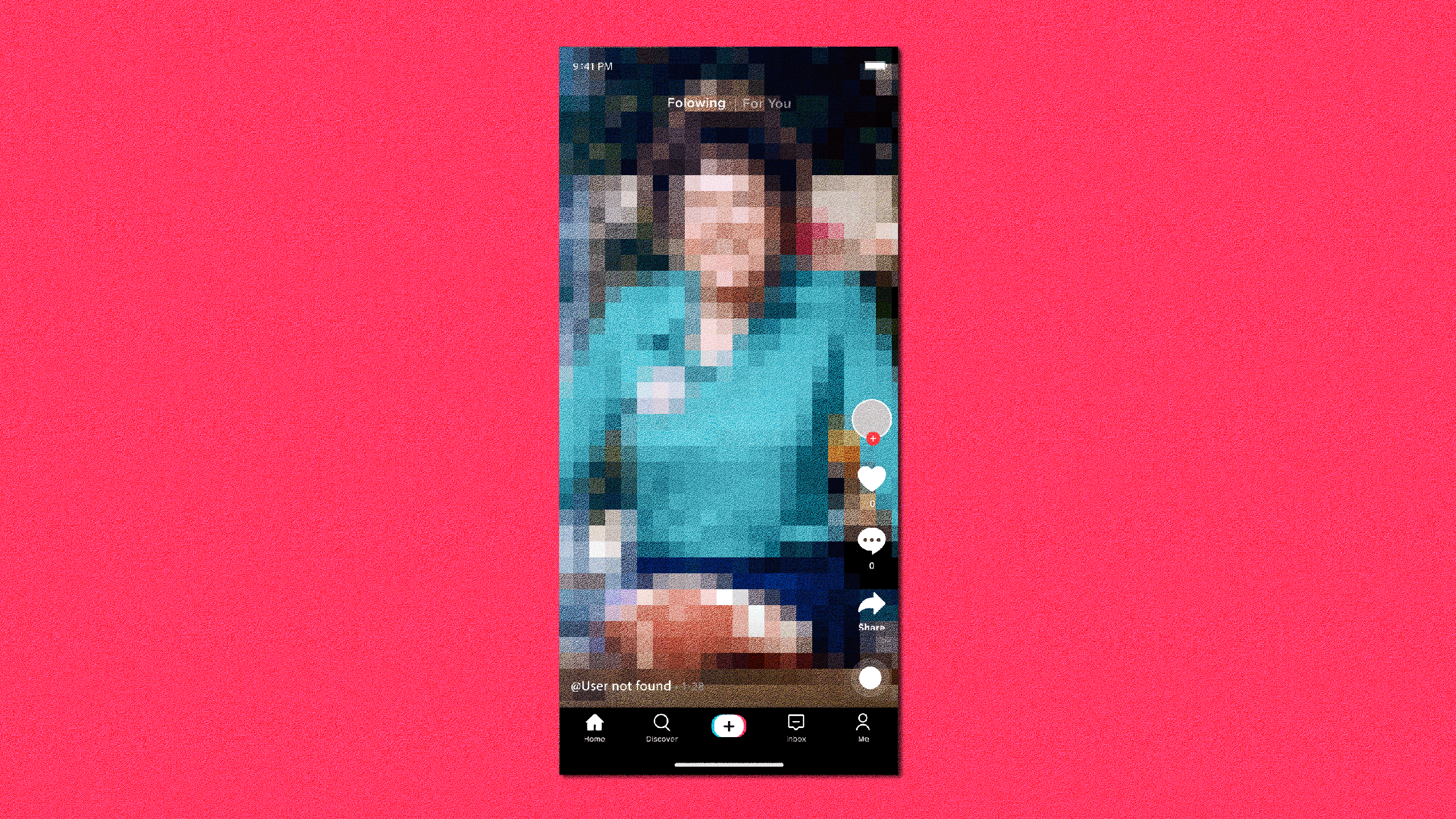Looks like the clowns that run the US government are actually going to go ahead and ban TikTok for real this time. After an unsuccessful attempt by the Trump administration in 2020, Congress has remounted the effort because of concerns about users’ data privacy. If, like me, you’ve enjoyed years of slowly melting your brain watching videos of dogs in wigs, this is rough news. But for many chefs and recipe developers, and anyone who loves watching speedy recipe videos, the news is a blow.
As it’s grown in popularity, TikTok has become a platform for both food lovers and creators to find exactly what they’re looking for—whether that’s obscure Victorian soup recipes or frankly upsetting food porn. The app’s algorithm has an almost spooky way of recommending content you actually want to see. It’s led to viral recipes like Emily Mariko’s salmon rice bowl and the ubiquitous feta pasta.
For chefs and creators, the platform is even more vital—many have been able to quickly build a large following in a way that’s impossible on other social media apps. That success has allowed a whole generation of content creators to make cooking and recipe development into a full-time job, which means more recipes, meal plans, and cookbooks for audiences. “Growth has been pretty crazy on TikTok. I went from 30,000 [followers] to 180,000 within a few months,” says Lucy Sally Sommer, a recipe developer and content creator based in the UK. Her audience is mostly American. “I’ve not seen the same growth at all on Instagram.”
Success on TikTok can be lucrative as well. Nasim Lahbichi, who began posting recipes in 2020, estimates that he took home six figures from TikTok gigs last year. In fact, Sommer adds, “my rates for TikTok are a lot higher—I mean they’re more than double my rates for Instagram.”
New and inexperienced cooks just beginning in the field could suffer the most from a ban. The app may have only taken off in the past couple of years, but more so than other social media platforms, it’s already helped remove many of the gatekeeping and other hurdles that amateur chefs may face taking a more traditional path in the food world. “An up-and-coming chef and creator—they’re just trying to get their name out there,” says Joey Calcavecchia, a New England–based food creator. “TikTok can do that.” But if the app is indeed banned, he says, “There could be a serious lack of finding new talent.”
A ban on TikTok would impact creators’ ability to take a next step in their career beyond the app too. Sommer, for example, has developed specialized meal plans, which she’d planned to sell via her TikTok account. In light of a potential ban, it’s unclear whether she’ll be able to garner the same demand. “I was really looking forward to being able to monetize my brand in that way,” she says, “and I don't know if I can really do the same on Instagram.”
It’s not exactly clear how user data may or may not be used by TikTok, and the creators I spoke to had mixed feelings about their own data privacy. For Sommer, the issue is a serious one. “I definitely am worried about the information that they can gather from me being on the app, and I’m worried about sharing too much,” she says. Still, the app is her favorite means of consuming and creating content, and she’ll continue to use it as long as it’s not banned. Lahbichi felt that TikTok’s privacy issues were symptoms of a much bigger problem. “It’s a larger issue at hand that really needs to focus on data and how the government can regulate what companies do with your data,” he says. Some critics of the ban have said the data privacy issue should apply to all big tech companies, not just TikTok, while others have raised concerns about the powers of surveillance that some provisions in the bill would give to the government.
Meanwhile, creators are scrambling in order to find contingency plans to save the businesses, brands, and library of content that they’ve built. “My initial thought was that I need to start making sure I've saved all my content, and that I need to start spreading myself out across other apps,” says Sommer. Starting from square one on YouTube or Instagram is daunting for creators who already have an audience, but, Sommer said, it could be especially difficult for newer chefs hoping to make a name for themselves. For Calcavecchia, YouTube feels like a dead end. “I can’t for the life of me figure out what makes that go viral,” he says. “I’m just going to push forward on Instagram.” We’ll be saving and recording recipes from our favorite creators until we need to follow them wherever they go.
